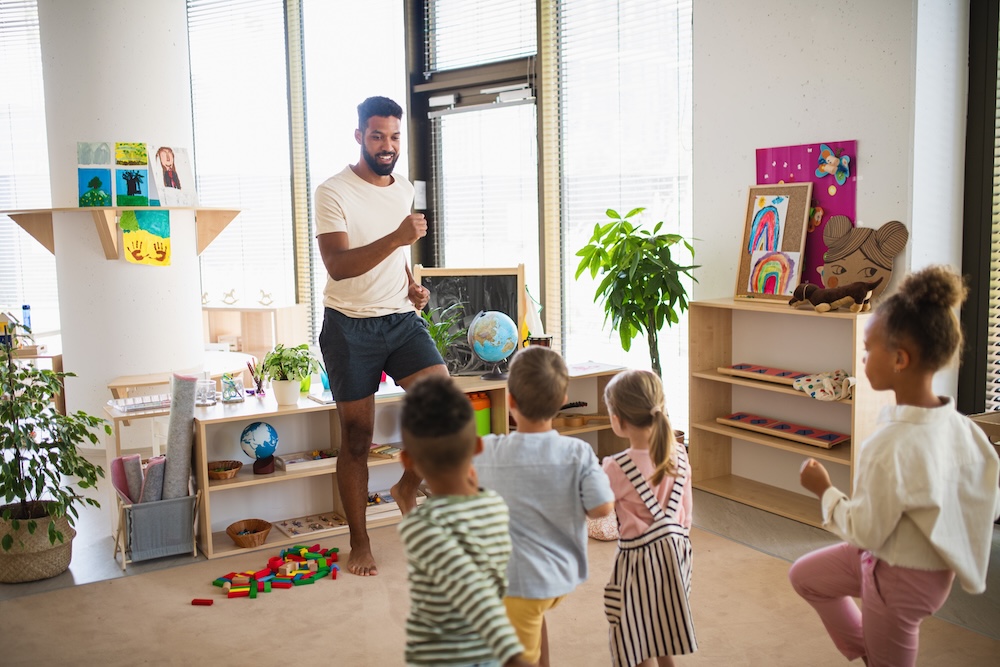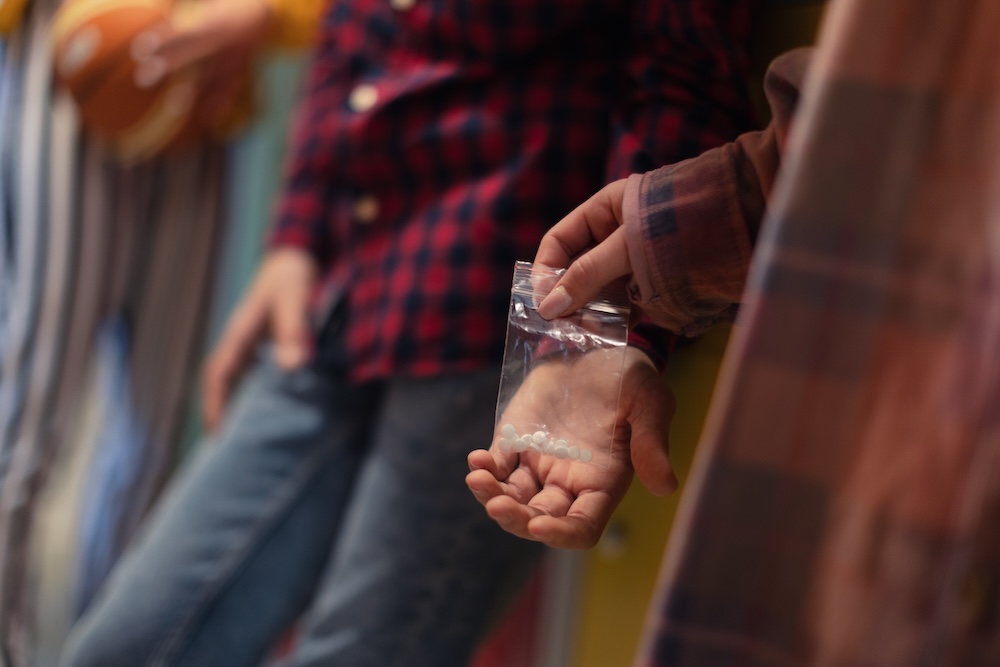Are you looking for a daycare program for your child? Choosing the right one is an important decision to ensure that your child’s needs are met and that they have a positive experience. Daycare provides opportunities for children to connect with their peers, learn new skills such as language, problem-solving, and emotional regulation, and build routines in a safe, nurturing environment. It also gives you the peace of mind of knowing that your child is in good hands while you balance work and other obligations.
When it comes to finding the right daycare, you’ll want to start the search early, as some centers can have a long waitlist. Some factors to consider are safety, cleanliness, and qualifications of staff members, including being certified in CPR and first aid. Verify if the center is licensed or registered with the appropriate government agencies and if they’re currently accredited or in the process of becoming accredited. While accreditation is not required, daycare centers that are accredited offer higher quality of care and learning experiences.
It’s always best to visit the center in person to get a sense of what the environment is like and to observe interactions between caregivers and children. You’ll get the opportunity to ask questions to determine if the daycare is the right fit for your family. It’s particularly helpful to inquire about the daycare’s policies on health, discipline, and communication with parents. You’ll also want to make sure that the child care center has measures in place for emergency preparedness and safety procedures. Other relevant aspects are the daycare’s hours and whether they align with your scheduling needs, costs, and payment methods. Confirm that the daycare has a qualified health professional who can address any health concerns and issues that may come up.
Once you have chosen your daycare, preparing your child to adjust to the transition is the next step. Most children adapt well, but some might struggle and feel upset. Being separated from family and in a setting with strangers can be distressing for kids, especially in the beginning. To help overcome this, talk to your child in advance of starting daycare and let them know what they can expect. Frame your language in a positive light to make the experience less scary. You can talk about how they’ll get to make new friends or play with new toys, for example. Reassure them that they will be back at home and that they will see you again soon. It might also be helpful to give your child a toy or a family photo to carry as a reminder of their home. If the center offers orientations, that can help your child develop familiarity before they attend the program. Additionally, there are many books about going to daycare that you can share with your kids to prepare them.
If your child has any specific needs, developmental or learning disabilities, or health conditions, communicate about this to the caregivers at the center and ask for any accommodations that may be needed. For any questions or concerns about starting daycare, please call our pediatrician.


